Best Foods to Improve Digestion
Read about top 10 foods that can improve your digestion and help your gut health and functionality!
Maintaining good digestive health is essential for overall well-being. The digestive system plays a crucial role in breaking down food, absorbing nutrients, and eliminating waste. Poor digestion can lead to discomfort, bloating, and other health issues. Fortunately, including certain foods in your diet can improve digestion naturally. In this guide, we will explore the best foods to promote a healthy digestive system and offer tips to maximize their benefits.
Yogurt
Yogurt is rich in probiotics, which are beneficial bacteria that support a healthy gut. Probiotics help balance the gut microbiota, improving digestion and alleviating issues such as bloating and diarrhea. Including a daily serving of plain, unsweetened yogurt with live and active cultures can significantly enhance gut health. You can also add fruits like berries or a drizzle of honey for added flavor and nutritional value.
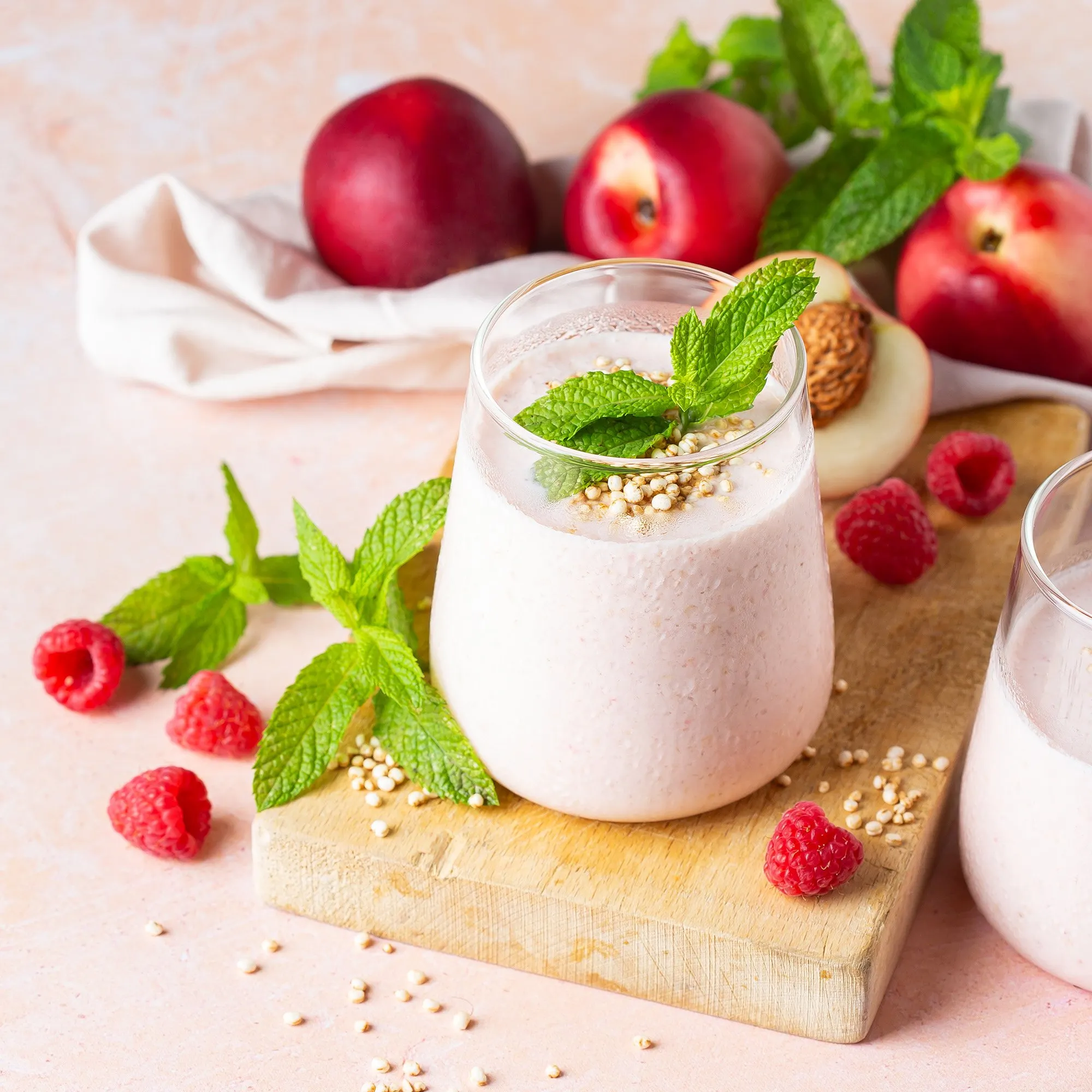
Ginger
Yogurt is rich in probiotics, which are beneficial bacteria that support a healthy gut. Probiotics help balance the gut microbiota, improving digestion and alleviating issues such as bloating and diarrhea. Including a daily serving of plain, unsweetened yogurt with live and active cultures can significantly enhance gut health. You can also add fruits like berries or a drizzle of honey for added flavor and nutritional value.
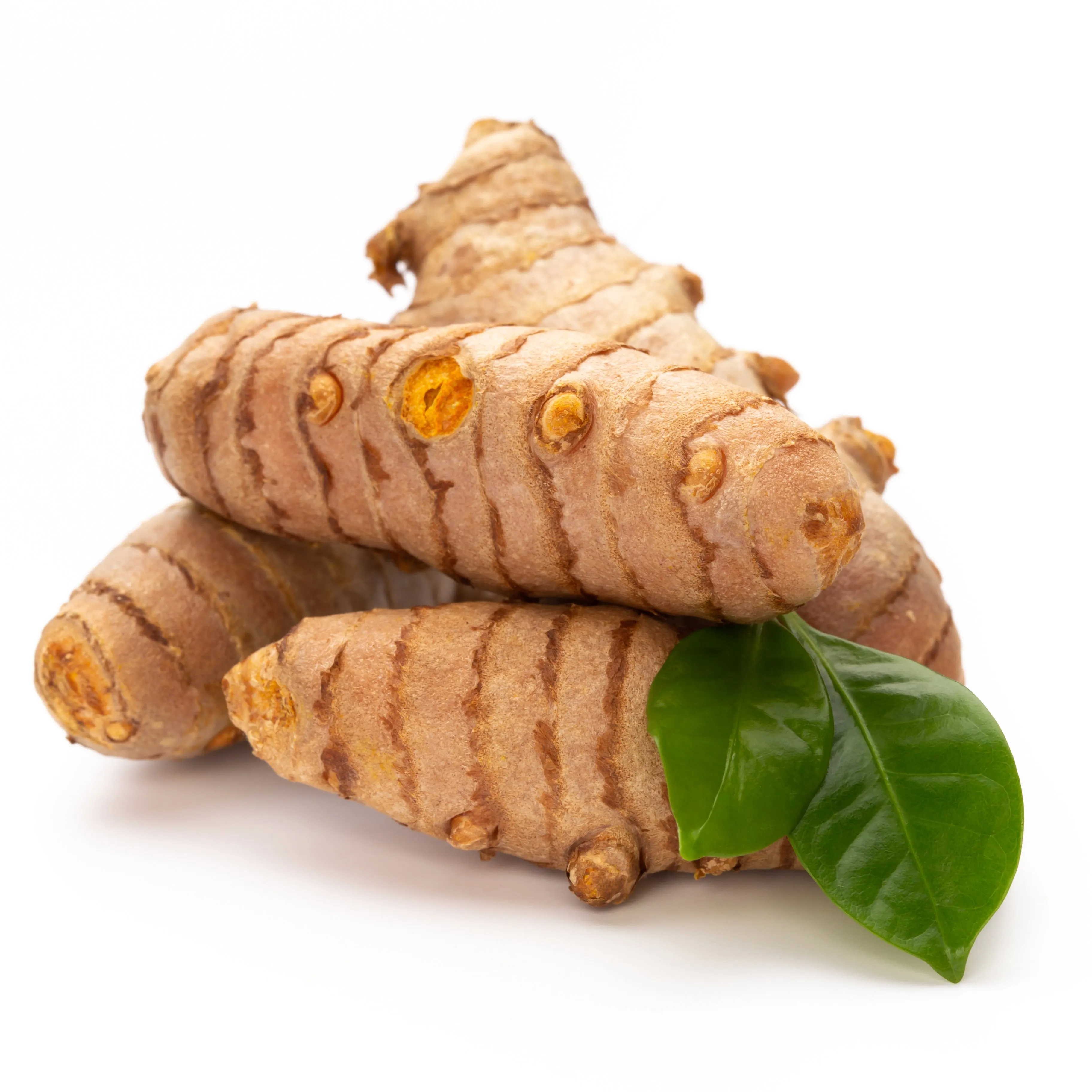
Bananas
Bananas are a gentle food for the digestive system and can help restore normal bowel function. They are high in soluble fiber, which aids in absorbing water in the intestines and promoting healthy stool consistency. Additionally, bananas contain prebiotics that nourish good gut bacteria, further enhancing digestive health. Bananas are an easy snack and can also be added to smoothies or oatmeal for a fiber-rich meal.
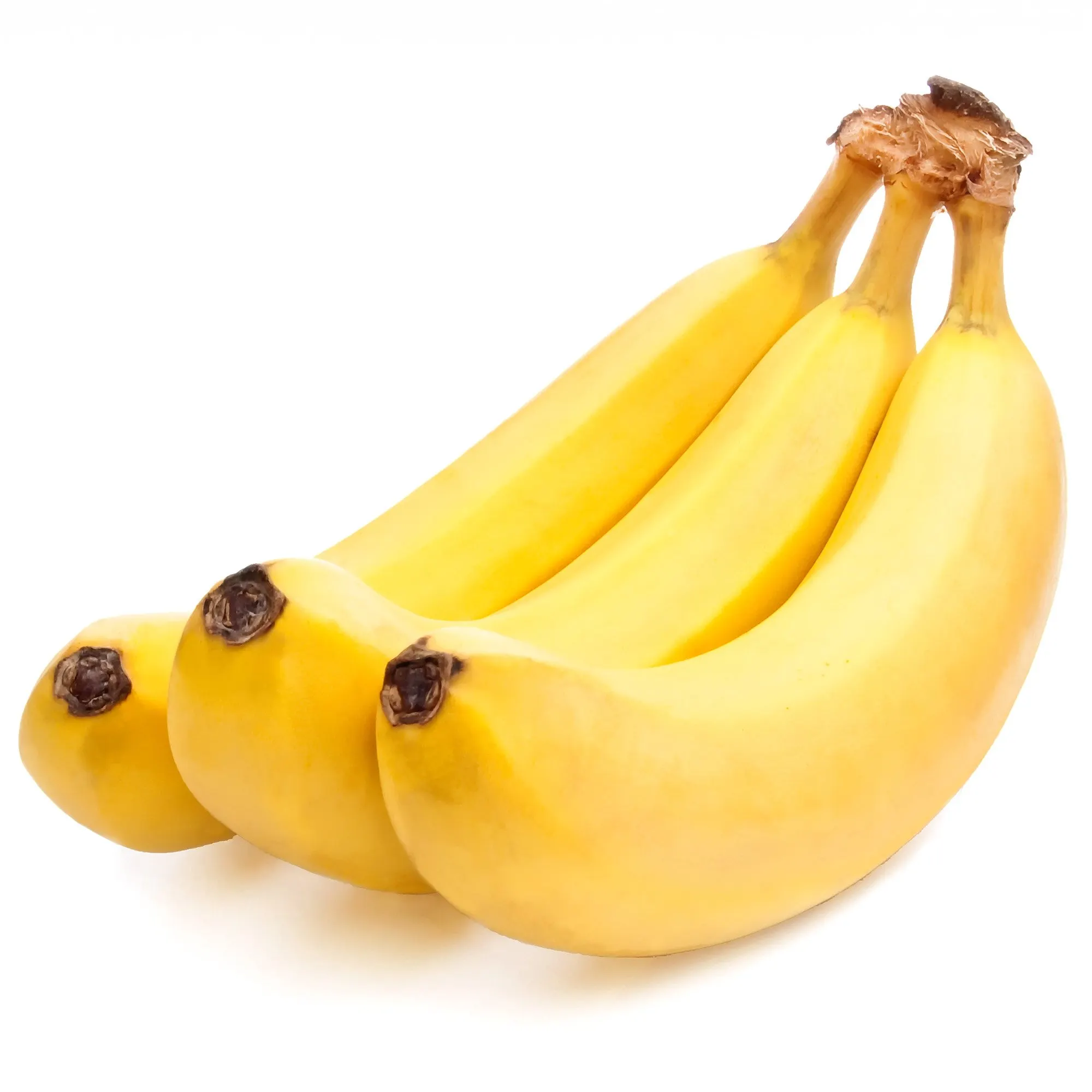
Whole Grains
Whole grains such as oats, brown rice, and quinoa are excellent sources of dietary fiber. Fiber promotes regular bowel movements and prevents constipation. Additionally, whole grains contain resistant starch, which acts as a prebiotic, feeding beneficial gut bacteria. To reap the benefits, opt for whole-grain bread, pasta, and cereals over their refined counterparts, and include them as staples in your diet.
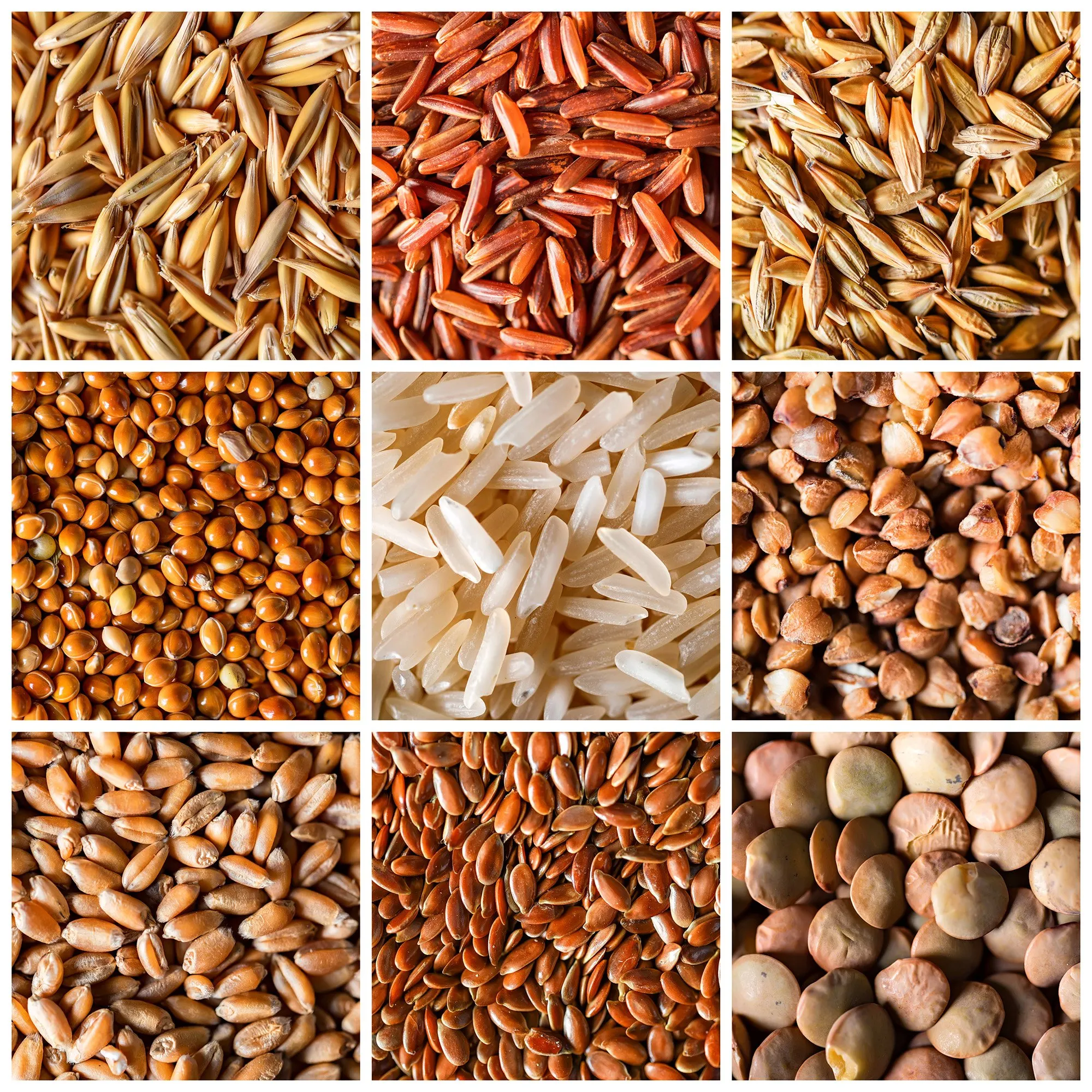
Leafy Greens
Spinach, kale, and other leafy greens are rich in fiber, magnesium, and chlorophyll, all of which contribute to digestive health. Magnesium aids in muscle contractions in the digestive tract, ensuring smooth digestion. Leafy greens also help support gut bacteria by providing prebiotics. These greens can be added to salads, smoothies, or sautéed as a side dish.
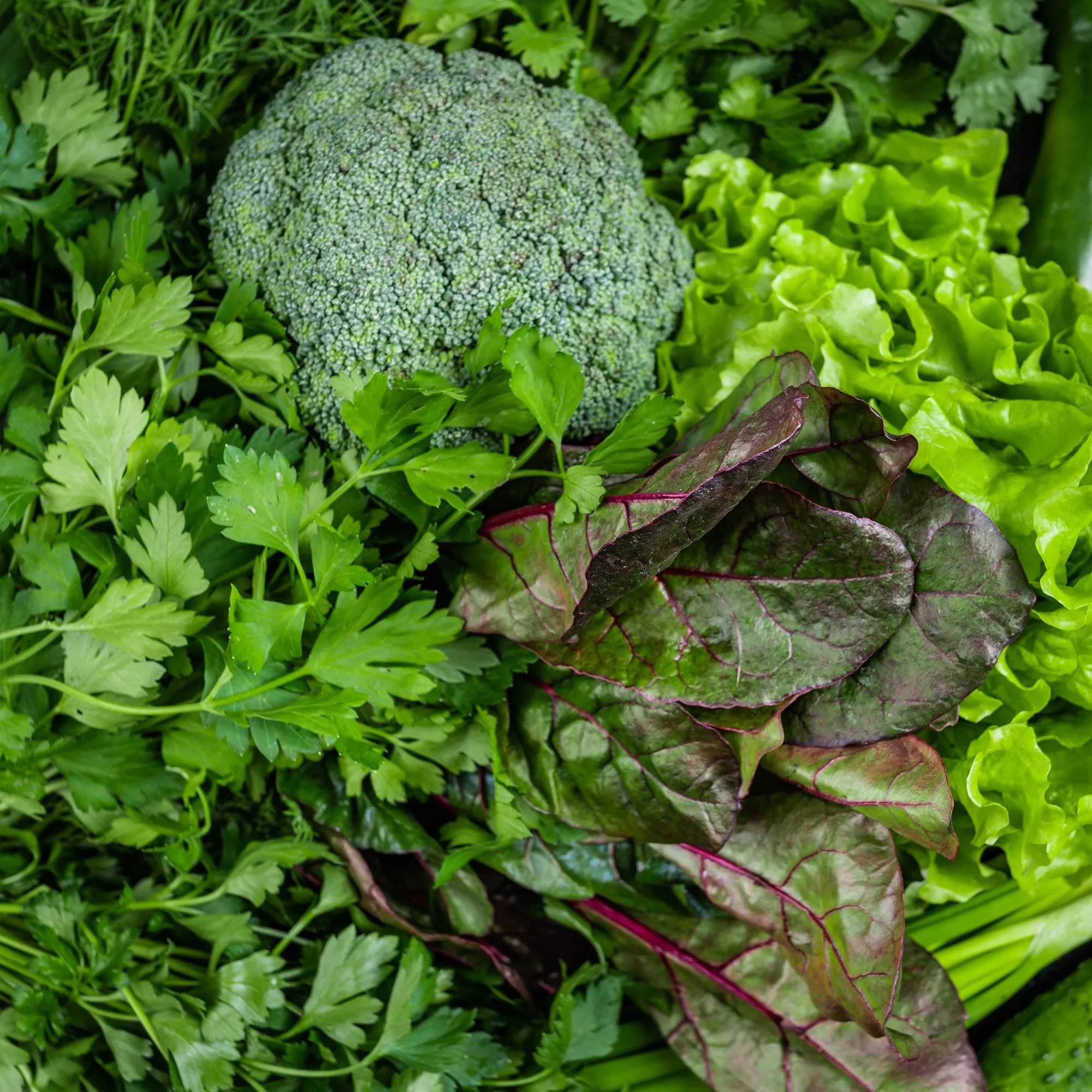
Papaya
Papaya contains a digestive enzyme called papain, which aids in breaking down proteins, making it easier for your body to absorb nutrients. Regular consumption of papaya can help with symptoms of indigestion and promote overall gut health. Enjoy papaya as a standalone fruit or add it to fruit salads and smoothies for a tropical twist.
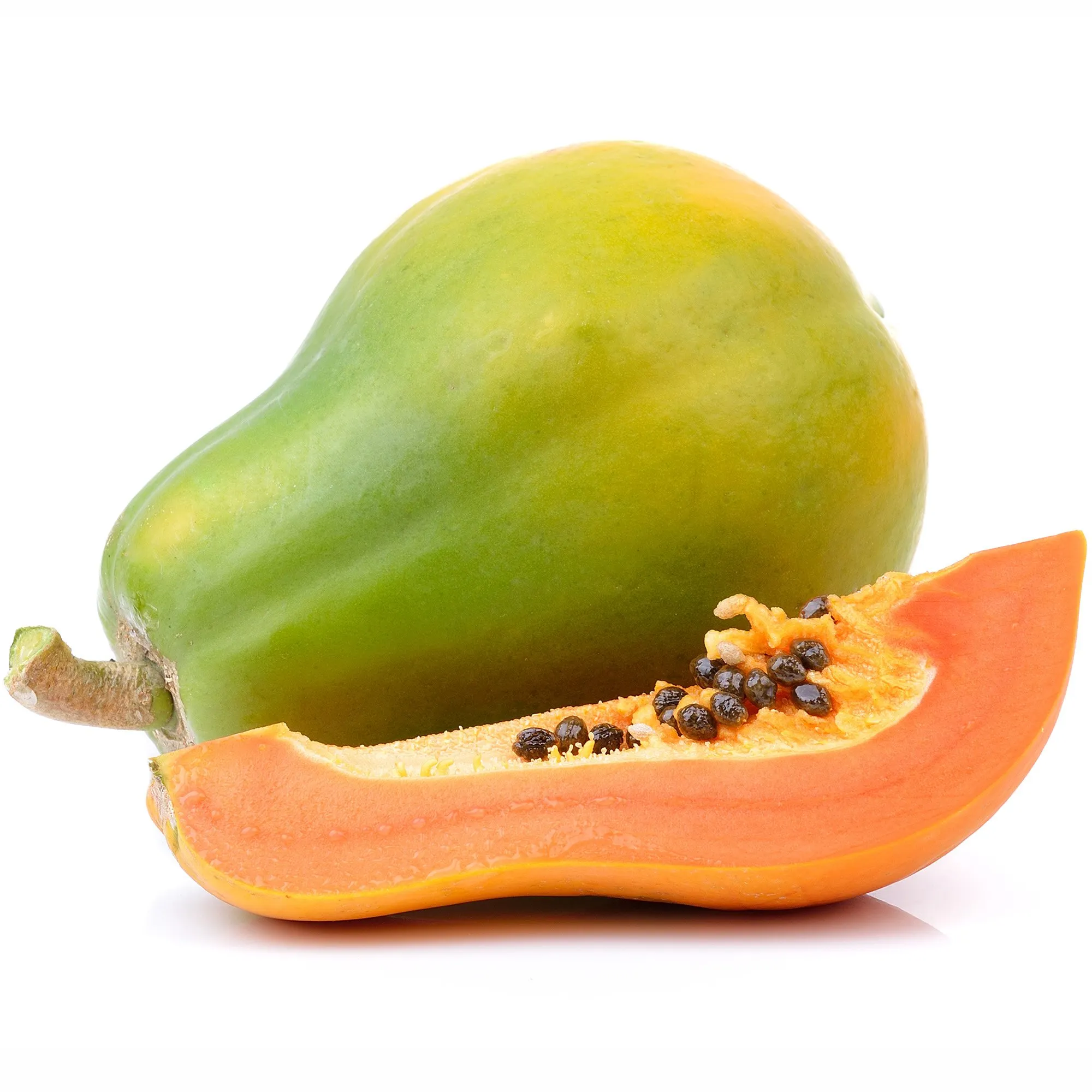
Chia Seeds
Chia seeds are an excellent source of soluble fiber, which absorbs water and forms a gel-like substance in the stomach. This helps slow digestion, ensuring better nutrient absorption. Chia seeds also promote regular bowel movements and reduce constipation. Sprinkle them on yogurt, oatmeal, or blend them into smoothies for a quick fiber boost.
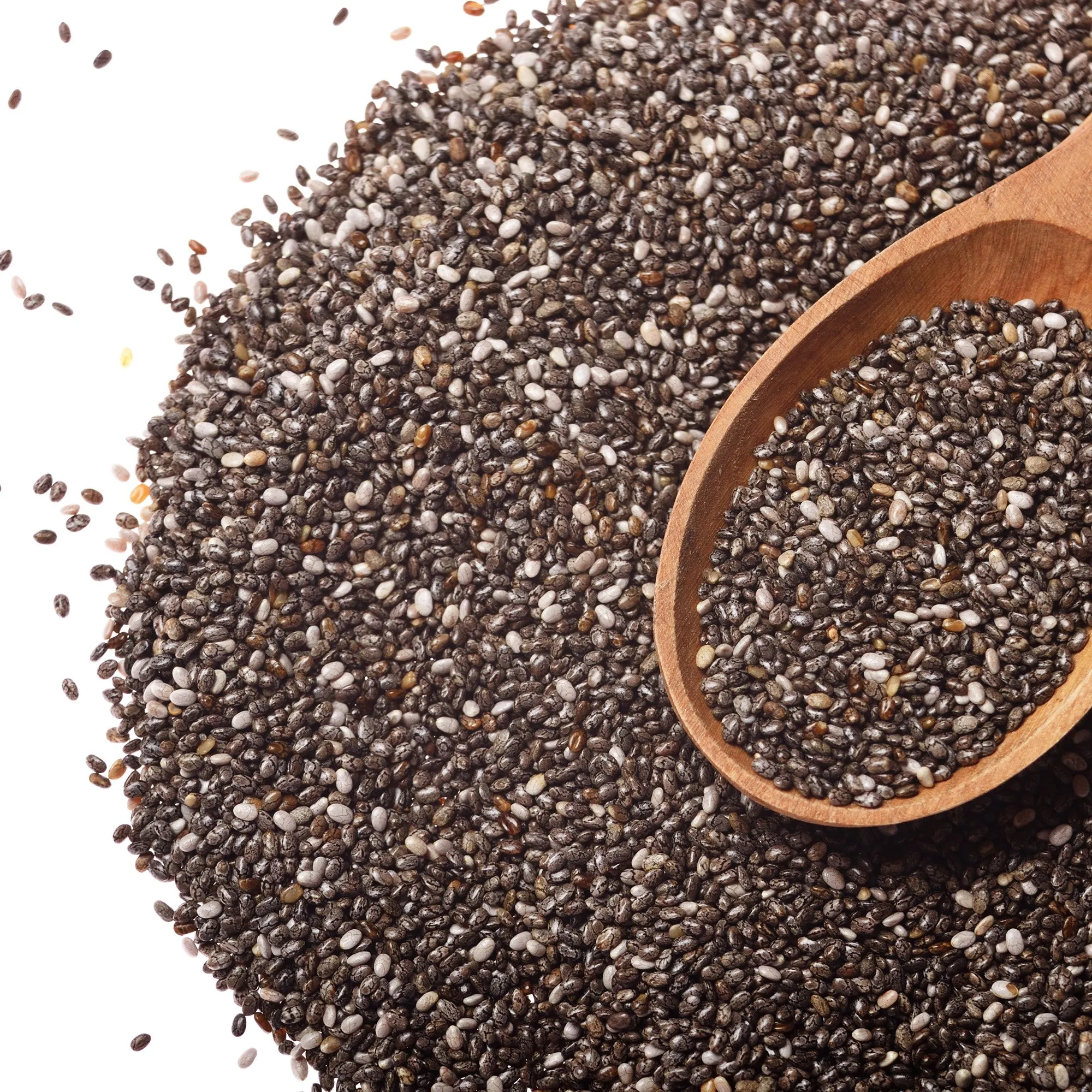
Fermented Foods
Foods like kimchi, sauerkraut, miso, and kefir are rich in probiotics. These fermented foods help maintain a healthy balance of gut bacteria and improve overall digestion. They can also enhance the absorption of nutrients and reduce inflammation in the digestive tract. Experiment with these foods by adding small portions to your meals, such as kimchi with rice or miso soup as a starter.
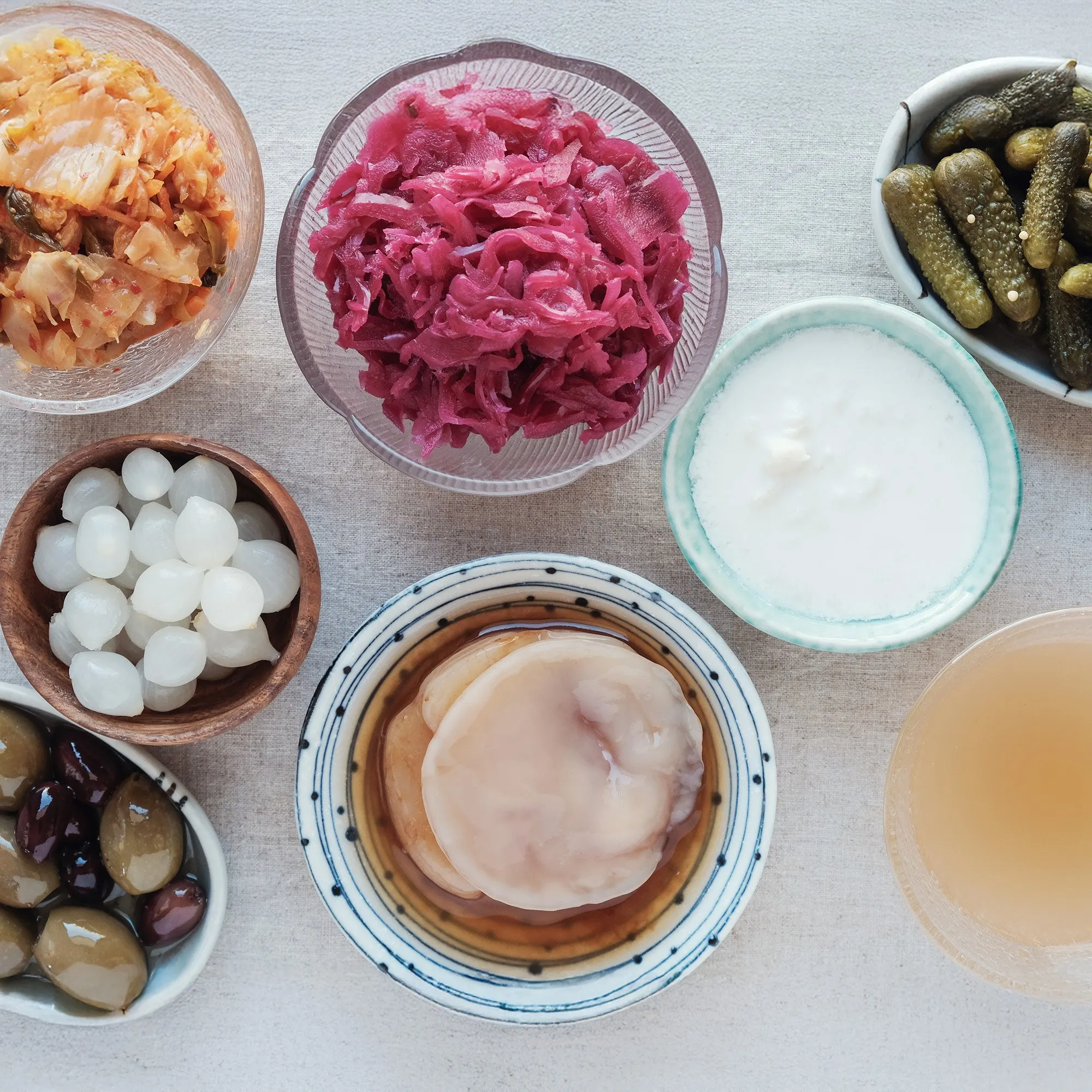
Apples
Apples are high in pectin, a type of soluble fiber that helps regulate digestion. Pectin can aid in preventing both constipation and diarrhea by forming a gel-like substance in the intestines. Apples are also a good source of antioxidants, which support gut health. Enjoy apples as a snack, in salads, or baked for a healthy dessert option.
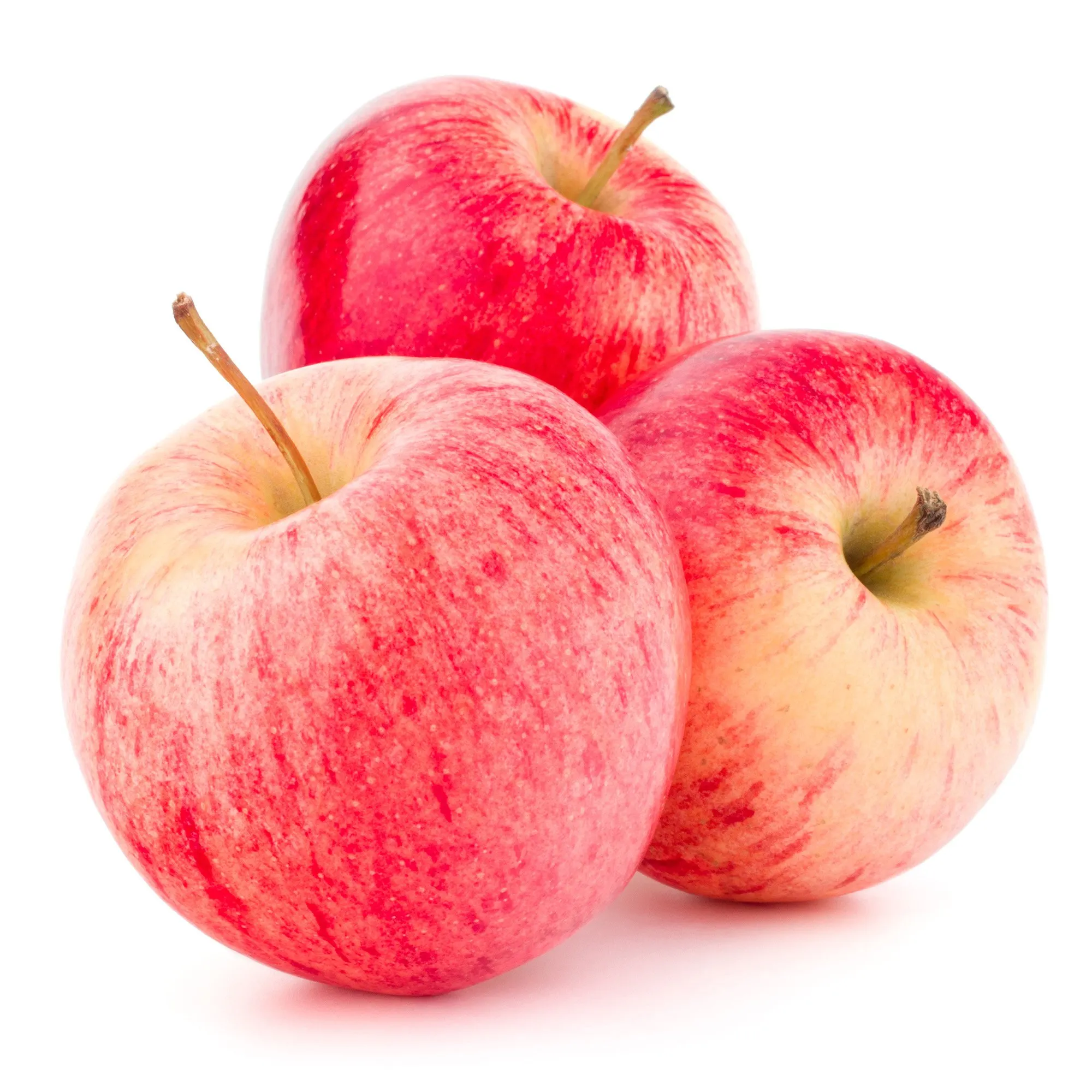
Fennel
Fennel seeds and bulbs are known for their ability to reduce bloating and gas. Fennel contains a compound called anethole, which relaxes the muscles in the digestive tract, aiding in smooth digestion. You can consume fennel as a tea, roasted as a side dish, or sprinkle the seeds on meals for added flavor.
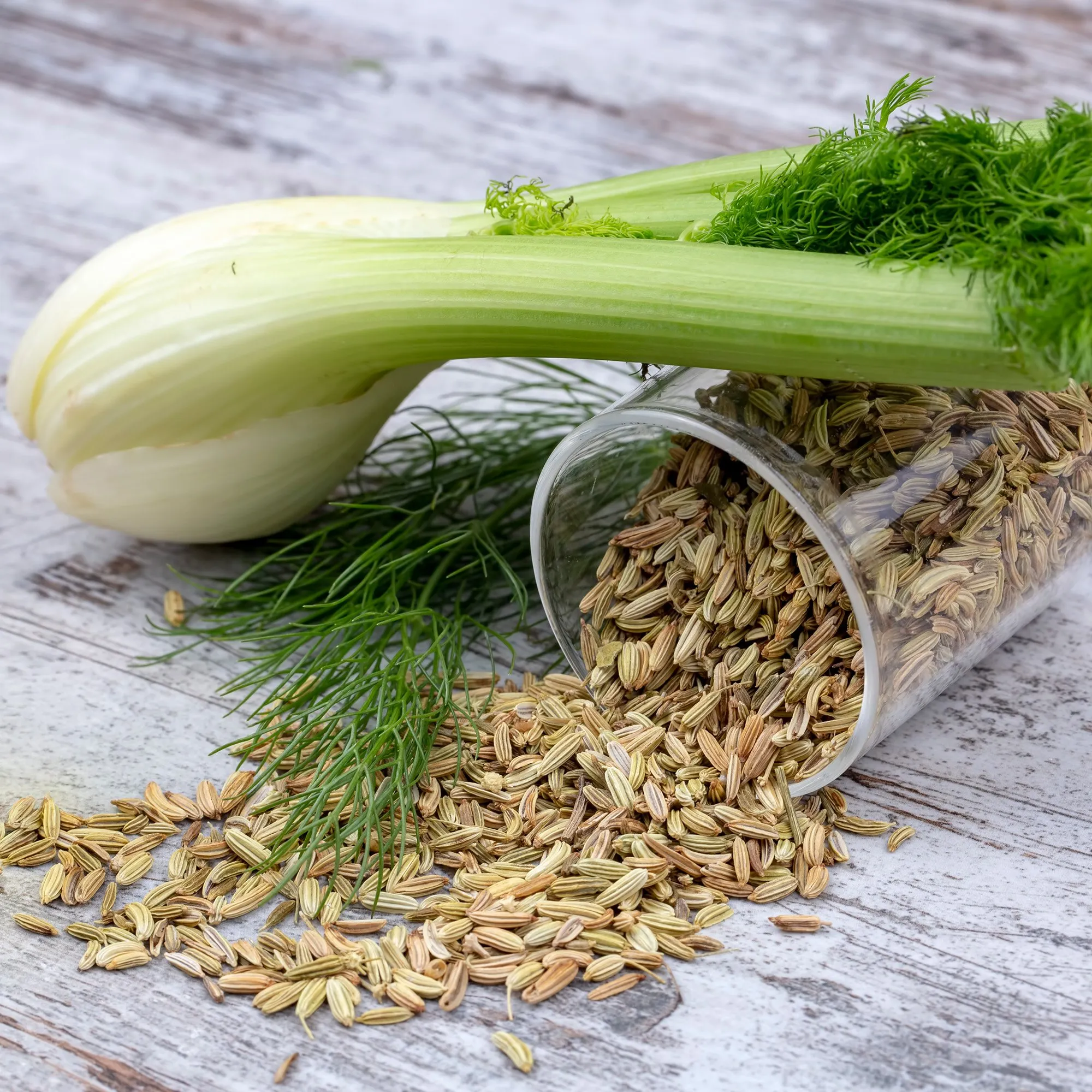
Bonus Tips for Better Digestion
1- Stay Hydrated: Drinking plenty of water throughout the day aids in breaking down food and preventing constipation.
2 - Chew Thoroughly: Properly chewing food helps reduce the strain on your digestive system.
3- Exercise Regularly: Physical activity stimulates intestinal muscles, promoting regular bowel movements.
4- Manage Stress: High stress levels can negatively impact digestion, so practice relaxation techniques like deep breathing or yoga.
Conclusion
Incorporating these foods into your diet can significantly improve digestion and promote a healthier gut. Pairing these dietary changes with adequate hydration, stress management, and regular exercise will further enhance your digestive health. A balanced diet that includes a variety of nutrient-rich foods is key to maintaining a healthy digestive system. By making these small but impactful changes, you can enjoy better digestion and overall well-being.
Copyright © 2024 Himitsudc.com. All rights reserved.
SEO and Web design by Omaha SEO Agency